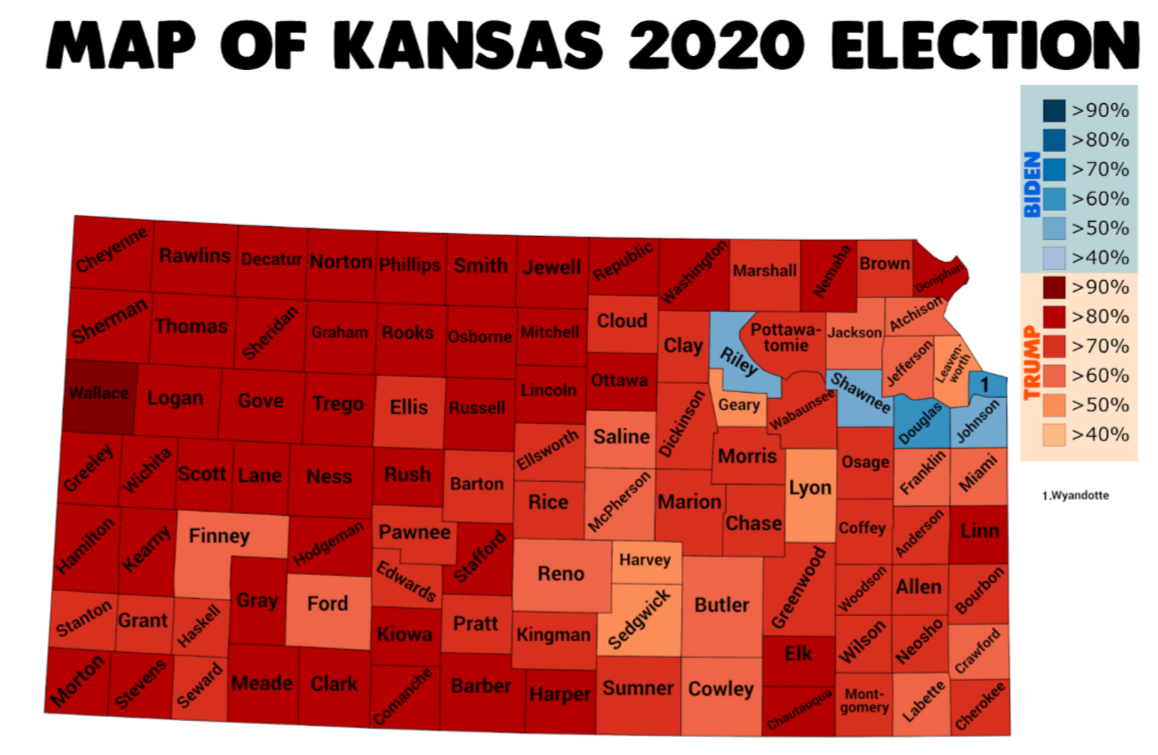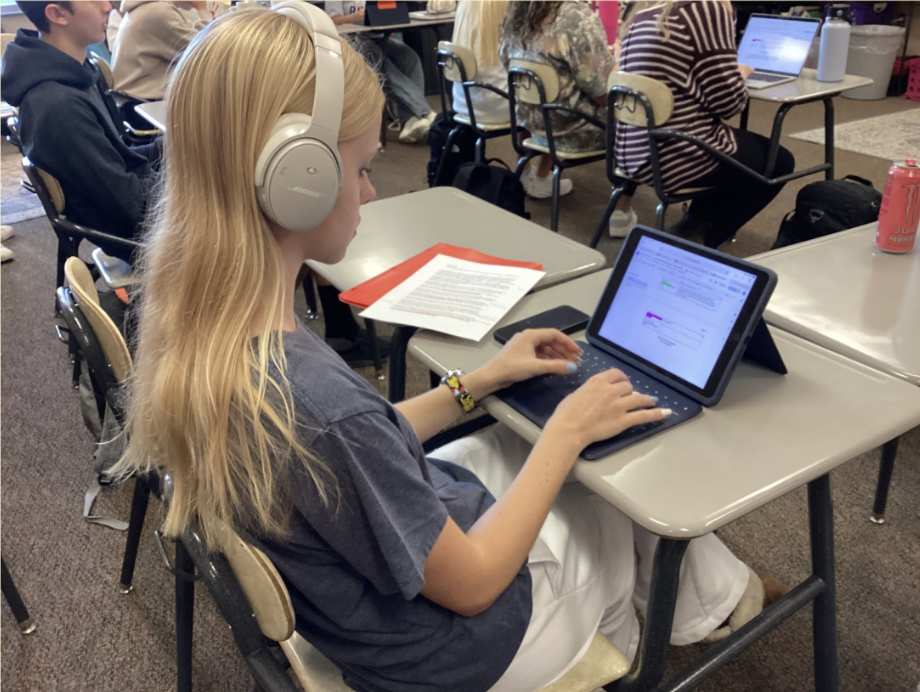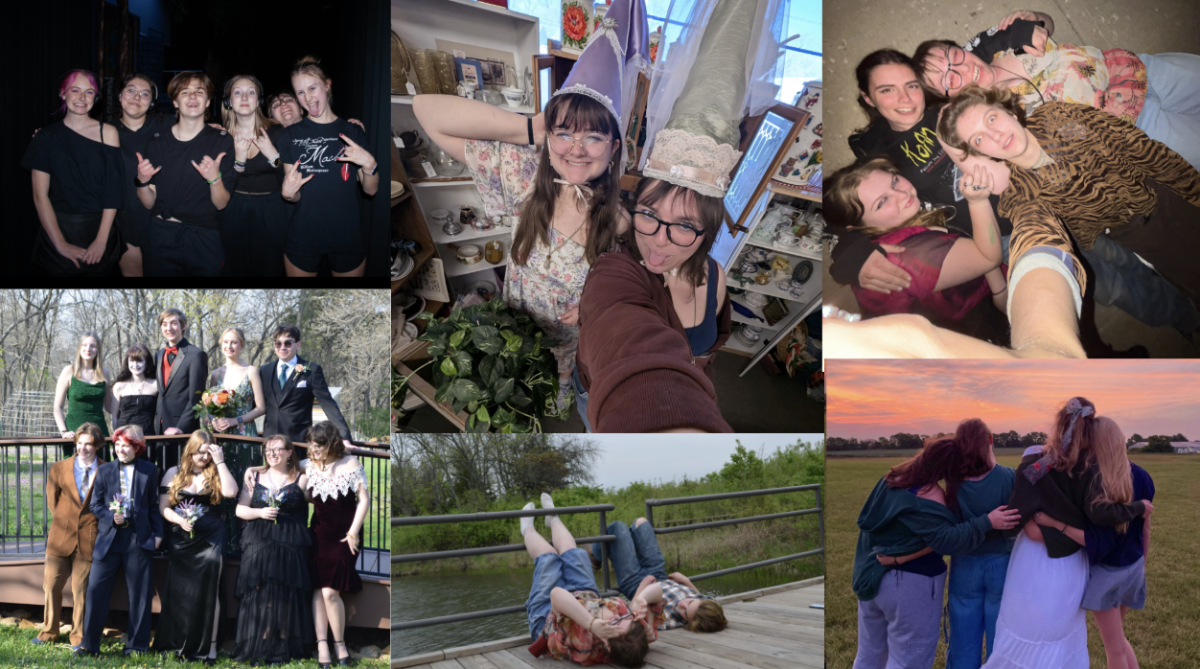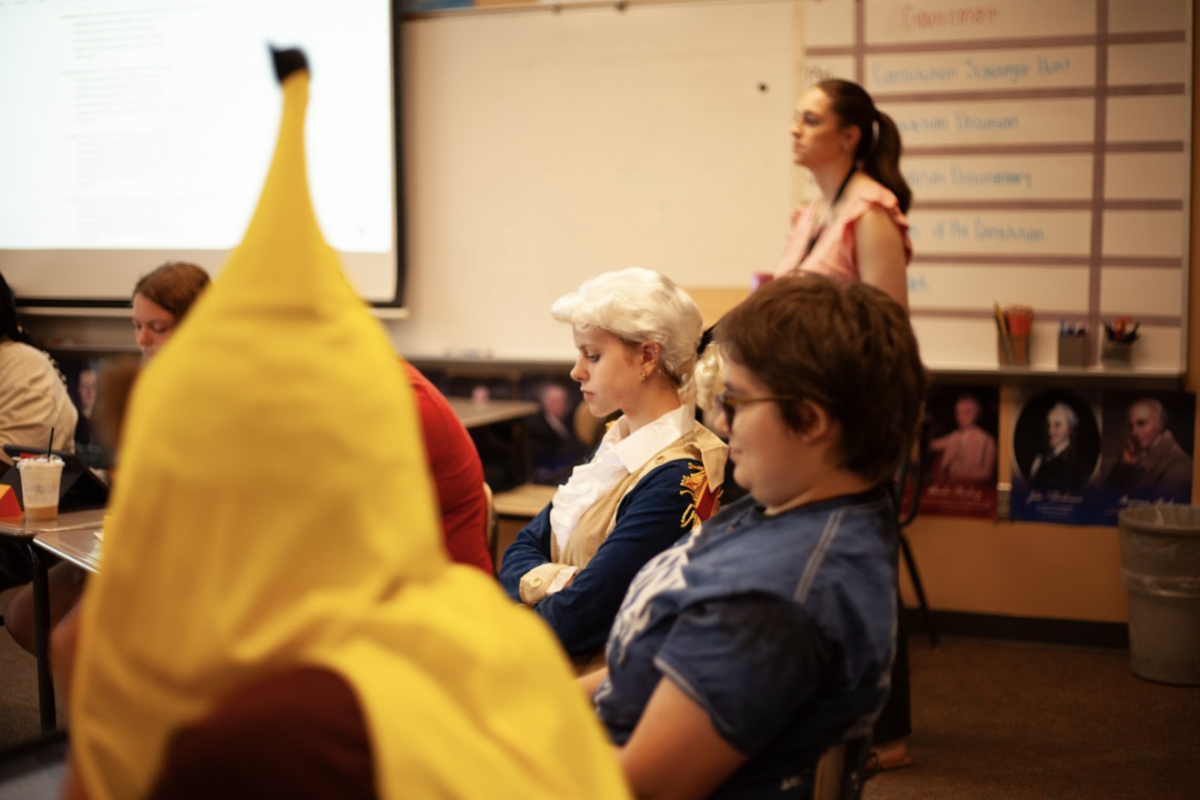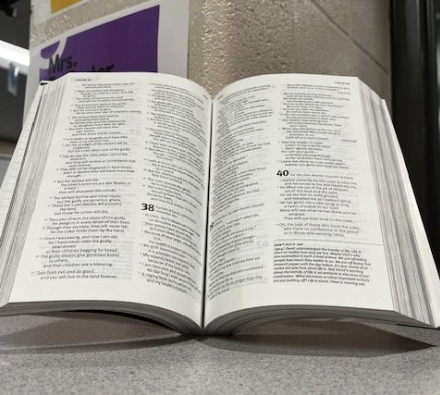The Spring Hill School District is expanding very quickly, and our school is beginning to understand the implications of such growth. Not only are class sizes increasing, but clubs and organizations are beginning to fill up. Our high school parking lot is experiencing unprecedented traffic issues, and so are our hallways. Many of these growing pains come with a fair share of tension between students, teachers, and even parents. Accompanied by the political and ideological diversity of the city of Spring Hill, the tension can be exacerbated to an entirely new level.
I remember when Kansas was facing the vote on abortion. There was certainly civil activism at play, such as the signs in people’s yards stating “vote no” or “value them both.” However, there were many members of the community, including myself, who witnessed many heated conversations happening about the topic.
While conversations are absolutely important for change to happen in society, these conversations were brutal, and nobody was changing their minds. I was saddened to see so many people turning on each other over having opinions. Of course, abortion is a seriously heavy topic of debate, but nobody is willing to listen after being told they are an awful person by those of the opposing viewpoint.
Common ground is important to providing constructive communication because it provides a level of relatability with the opposition, showing that they

are not evil, stupid, or uninformed. When we are able to agree with even a small part of someone’s opinion, we are more willing to listen to what they have to say because there is something of the opinion that agrees with ours.
Of course, it is also unreasonable to expect that people will always change their opinion if they listen to one another. At the very least, common ground creates a community where people get along. If no agreement is ever reached, common ground is still necessary to understand each other, whether it be by listening, or agreeing to disagree.
Listening is very important to these issues, even when no agreement is reached. At least then, we realize that with all the information that we have used to form our opinions, the person with an opposing viewpoint still firmly believes in their side. That is when we must agree to disagree, and vote on issues. If it is an issue that requires no vote, such as a non-political issue, agreeing to disagree is still a happy ending.


